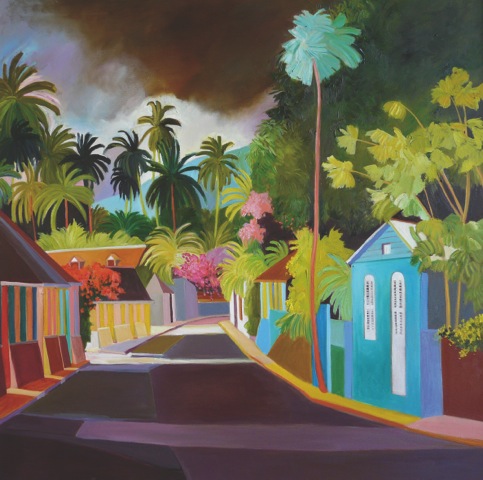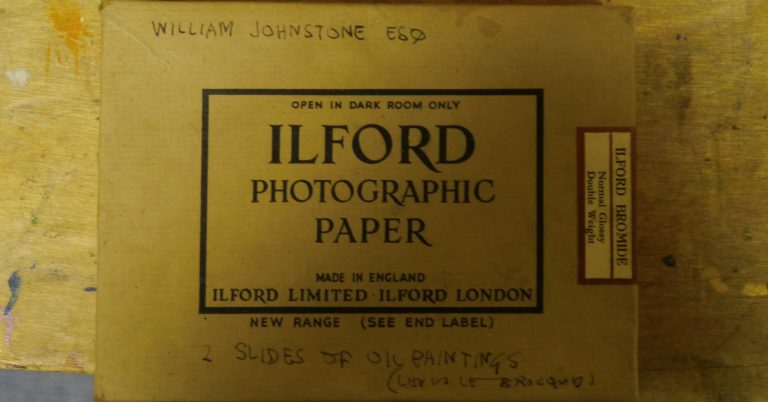
By
New and original work by some of the leading scholars in Francophone and Caribbean Studies is collated in a special issue of Paragraph, A Journal of Modern Critical Theory.
Since at least 2004, the year of the bicentenary of Haitian independence and of the controversial departure of President Jean-Bertrand Aristide, there has been a decided ‘Haitian turn’ in Francophone Caribbean studies, a rush of scholars from multiple disciplines taking a new interest in Haiti, and a turn among many more established Caribbeanists towards Haiti….
Ever susceptible to broader political, economic and cultural shifts, the Caribbean has felt directly the effects of the various global crises that have shaped the past fifteen years—wars, environmental disasters, migrations, economic disasters—so that the prevailing understandings of the Caribbean present tend to cast it in terms of tragedy, of living still in an unfinished, catastrophic history, far removed from the decidedly utopian, open-ended conceptions of time and cultural renewal that characterized some of the major critical and theoretical writings of the 1980s and 1990s. At the same time, an increased focus on the legacies of Atlantic slavery—associated with commemorations such as the sesquicentenary of the second abolition of slavery in the French empire as well as with the key legislation of the loi Taubira—has underlined key aspects of that unfinished past specific to the Caribbean but also created connexions to other zones such as the Indian Ocean.

Contributions in this special issue draw on material from different historical moments, ranging from the nineteenth century to the contemporary period, and explore questions of literature, culture, society and thought from across the Francophone Caribbean and beyond. Signalling some of the new and emerging directions in Caribbean studies and postcolonial studies, this volume provides an opportunity to identify the most pressing questions currently at stake in our understanding of the diverse modes and forms through which Francophone communities relate and have related within themselves, to each other and to the wider world.
This extract is taken from the Editors’ introduction to the volume, which is also available as a book.





